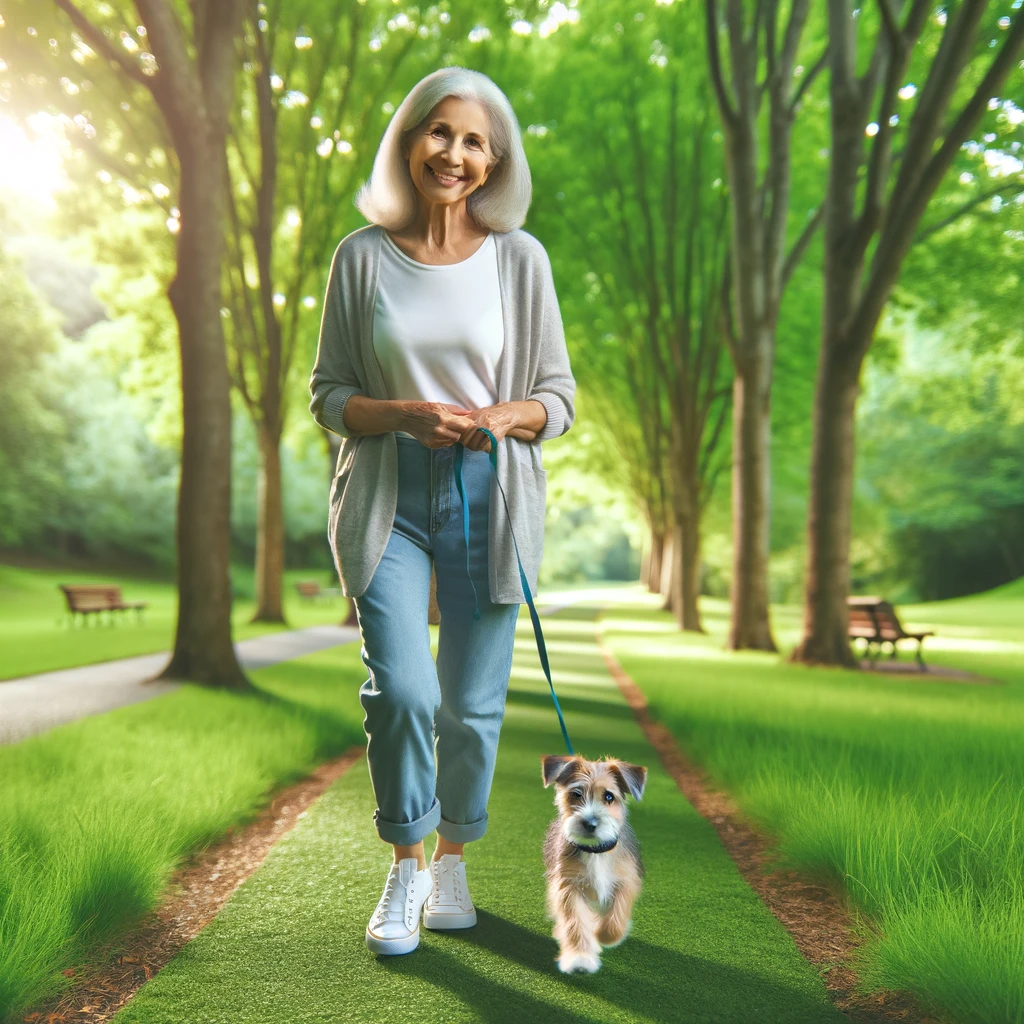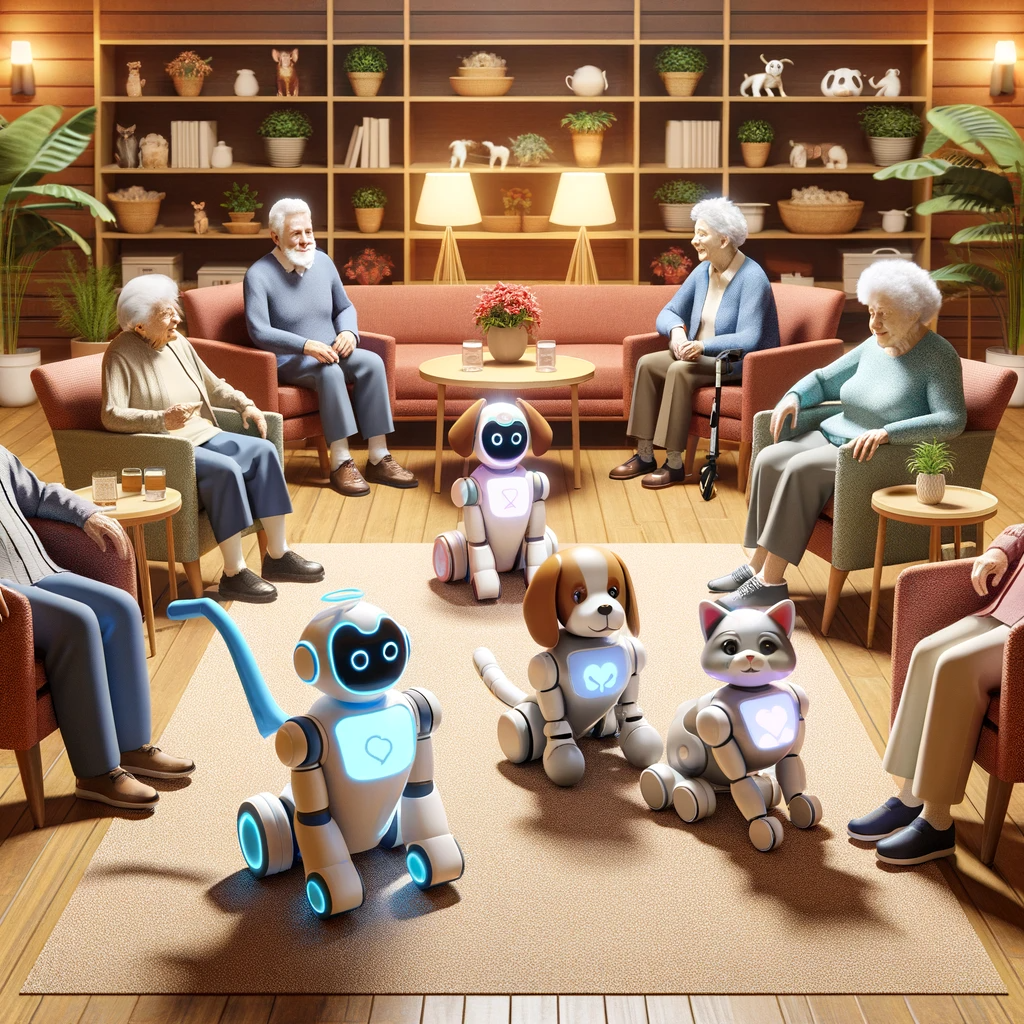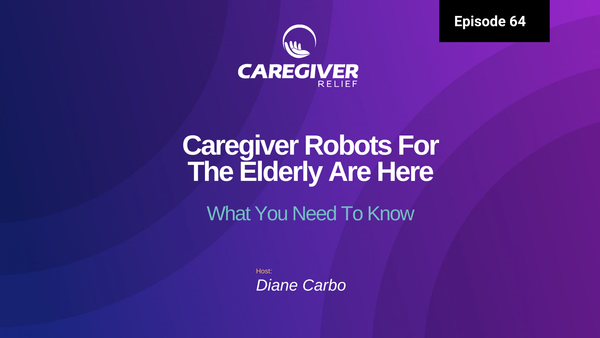Unleashing Joy: How Pets Enhance Health and Overcome Depression in Seniors
Discover the remarkable benefits of pet companionship for seniors! "Unleashing Joy" explores how pets, from dogs to guinea pigs, enhance mental and physical health, reduce depression, and bring unparalleled joy to the lives of older adults.

Pet Ownership and Senior Health
The bond between humans and animals has always been special, and recent studies have illuminated the profound positive health effects of this relationship, particularly for seniors. Pet ownership, encompassing dogs, cats, and even smaller companions like the guinea pig, pigs and fish, has shown significant benefits in improving the physical and mental health of older adults. This article delves into the myriad ways pets contribute to better health, drawing upon research in veterinary medicine, public health, and psychology.
The Story of a Senior's Transformation Through Pet Companionship
The journey of my mother-in-law (MIL), a senior who struggled with depression, exemplifies the transformative power of pet companionship. Though initially hesitant about animals, her experience with a terrier mix puppy, affectionately named The World's Cutest Puppy (TWCP), highlights the profound impact pets can have on mental well-being.
Mental Health Benefits of Pet Ownership
Owning a pet, be it a dog, cat, or another animal, has been linked to numerous mental health benefits. For seniors, pets can provide social support, reduce loneliness, and increase feelings of well-being. In the case of my MIL, TWCP, homeless pets brought joy, reduced stress, and lessened her feelings of social isolation.
Physical Health Advantages for Senior Pet Owners
Beyond mental health, pet ownership has shown to positively impact physical health. Regular exercise through daily walks with a a dog or cat, or even the physical activity involved in maintaining a litter box or a fish tank, can improve cardiovascular health and strengthen immune systems. For older adults, especially those with weakened immune systems or at risk of heart disease, these activities are invaluable. In my MIL’s case, her interactions with TWCP led to more physical activity and noticeable improvements in her overall health.

The Role of Pets in Reducing Health Risks
Research suggests that interaction with pets can lower blood pressure and stress hormone cortisol levels, reducing the risk of heart attacks and other health risks. For seniors like my MIL, this can mean less stress, fewer anxious outbursts and improved heart health. The simple act of petting or engaging with a furry friend has been shown to have immediate calming effects.
Human-Animal Interaction: More Than Just Companionship
Human-animal interactions extend beyond providing companionship. They foster a unique bond that offers emotional and social support. For seniors living in nursing homes or those facing social isolation, pets and other animals can serve as a vital source of social interactions, reducing feelings of loneliness and enhancing their quality of life.
The Positive Effect on Public Health
The benefits of pet and dog ownership extend to broader public health considerations. Seniors with pets tend to require fewer medical services and enjoy better health, contributing to overall healthcare savings. Additionally, therapy animals, often dogs or cats, have been instrumental in nursing homes and hospitals, providing comfort and support to not just seniors but also to other patients.
Encouraging Responsible Pet Ownership
While the benefits are numerous, it's important to emphasize responsible pet ownership. Pets require regular veterinary care, a suitable living environment, and, in the case of dogs, opportunities for socialization like play dates or visits with family member to the dog park. For seniors, choosing the right pet that matches their lifestyle and physical capabilities is crucial.
The Broader Impact of Pets on Senior Well-being
The story of my MIL and TWCP is a powerful testament to the broader impact of pets on senior well-being. From fostering regular exercise to providing unconditional love and reducing stress, pets can play a significant role in enhancing the lives of older adults.

Embracing the Joy of Pets in Senior Years
In conclusion, the intersection of human health and veterinary medicine reveals a compelling narrative about the health benefits of owning a pet. For seniors, pets are not just animals or family members; they are a source of joy, a catalyst for better health, and a means to a more fulfilling life. The story of my MIL and TWCP is but one example of this beautiful human-animal bond, a relationship that promises both the animal and the owner a chance at better health and happiness.
The Challenge: Pets Advantage for Seniors Unable to Care for Live Pets
For many seniors, the advantages of pet ownership, including companionship, reduced stress, and improved physical and mental health, are well-documented. However, there's a significant portion of the older population who, due to cognitive issues or physical limitations, find themselves unable to care for a live pet. This inability to engage in traditional pet ownership can exacerbate feelings of loneliness and contribute to mental health conditions such as depression.
Introducing Pet Robots: A New Era of Companion Animals
To bridge this gap, the introduction of pet robots has emerged as a groundbreaking solution. These robotic companions are designed to simulate the interaction of a real pet, offering many of the mental and physical health benefits associated with traditional pet ownership.
Health Benefits of Robotic Pets
Research suggests that interaction with robotic pets can lead to lower blood pressure and reduced stress hormone cortisol levels, similar to the effects seen with live animals. For seniors, especially those with weakened immune systems or at risk for heart disease, these benefits are crucial for good health. Robotic pets can provide the companionship needed to combat social isolation, thus improving overall mental health and well-being.
Mimicking Human-Animal Interactions
Pet robots are engineered to mimic the behaviors and interactions of real animals, providing a sense of companionship without the responsibilities of a live pet. They can respond to touch, recognize voices, and exhibit behaviors akin to those of dogs or cats, thereby increasing feelings of connectedness and reducing stress.
A Solution for Various Senior Living Situations
In settings like nursing homes or assisted living facilities where live pets might not be feasible due to allergies, space constraints, or health risks, pet robots offer an innovative alternative. They require no veterinary care, feeding, or exercise, making them a practical option for older adults who may struggle with the physical demands of pet care.

The Impact on Cardiovascular Health and Mental Wellness
The presence of a furry companion or a robotic pet can positively impact cardiovascular health and mental wellness. By providing emotional support and reducing feelings of loneliness, these robotic companions can lead to fewer anxious outbursts and improved heart health.
A Source of Regular Exercise and Physical Activity
Although pet robots don't necessitate the same level of physical activity as walking a dog, interacting with them can still encourage seniors to engage in light physical activities, maintaining their mobility and agility.
Expanding the Concept of Family and Social Support
For many seniors, a robotic pet can become an integral part of their family, offering a sense of belonging and unwavering support. These pets become more than just mechanical devices; they are companions, listeners, and a source of unconditional affection.
The Future of Pet Robots in Senior Care
As technology advances, the capabilities of pet robots continue to evolve, making them increasingly lifelike and interactive. They are not only seen as a substitute for traditional pets but also as such pets provide a significant component in enhancing the quality of life for seniors, especially those with cognitive impairments or physical limitations.
Embracing the New Era of Companion Animals
In conclusion, while traditional pet ownership offers numerous health benefits, robotic pets emerge as a viable alternative for seniors who are unable to care for a live animal. These innovative companions represent a significant stride in the field of public health and elderly care, offering a blend of technology and companionship to improve the lives of older adults. As we continue to explore the intersection of human health and technological advancement, robotic pets stand out from most research as a remarkable testament to the enduring power of companionship in all its forms.
Have a story about how your pet has made a difference in your life or the life of the person you are caring for?
We would love to hear from you!




